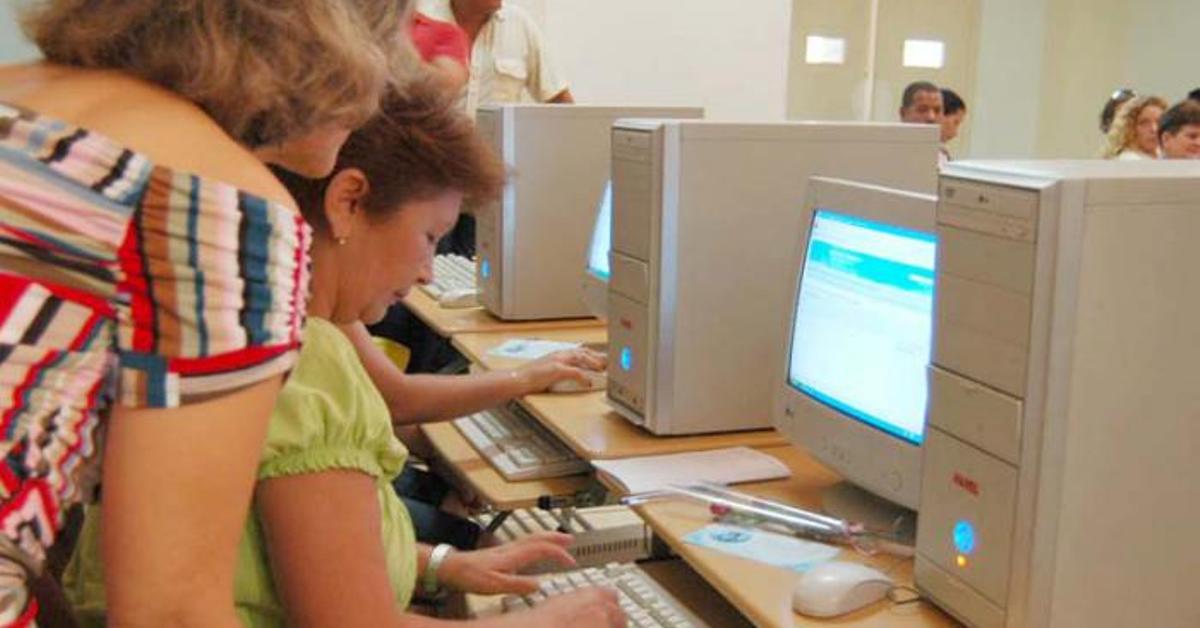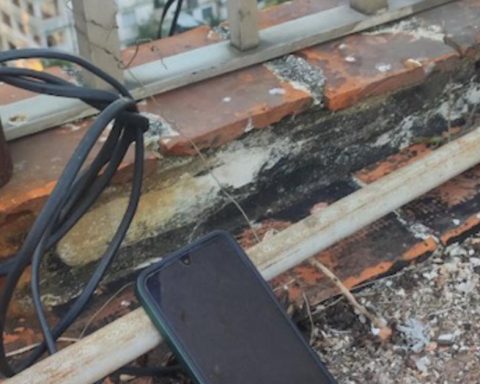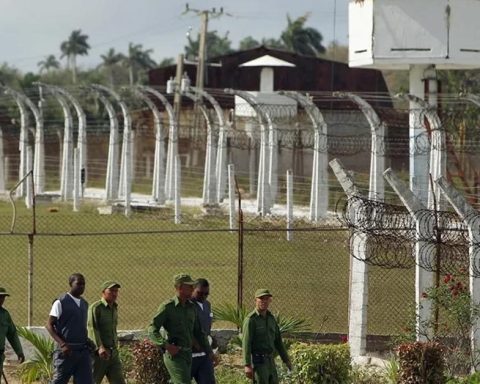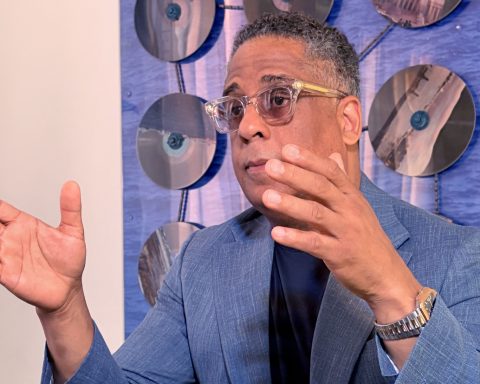Havana/Despite the real risk of Cuba being left behind in the development of artificial intelligence, the Cienfueguero newspaper September 5 affirmed on Tuesday that the island “has potentialities to be at the forefront in Latin America.” How much is there fantasy or reality in that aspiration? If Cuba is not able to guarantee even the basic basket, how do you intend to lead in the region the development of such a complex and expensive technology?
At the request of Miguel Díaz-Canel, the Council of Ministers approved in May 2024 a strategy and an advisory technical council. The University of Camagüey has even proposed to create the International Institute for Research in Artificial Intelligence, led by Cuba, with the help of China. And agreements with Russia have also been signed in this sector.
However, according to the report presented in September last year by the Latin American Artificial Intelligence Index (ILIA 2024), Cuba was in the 15th position, with 27.96 points over 100. In front are located, in this order: Chile, Brazil, Uruguay, Argentina, Colombia, Mexico, Dominican Republic, Peru, Costa Rica, Panama, Ecuador, Jamaica, Venezuela and Paraguay. The jump that the island would have to give to place “at the forefront” of all these countries exceeds the speeches and partisan orientations.
The science doctor himself Boris Pérez Cañedointerviewed by September 5admitted: “As far as I understand, our institution does not have a specific area of studies of didactics or pedagogy in a general sense, oriented to how to assimilate these tools.”
“If countries with much more development, such as Spain, France and Germany, have not been effective in creating their own artificial intelligence, Cuba will be a catastrophe in that”
Omar Díaz, a Cuban engineer based in Berlin, explains to 14ymedio That “if countries with much more development, such as Spain, France and Germany, have not been effective in creating their own artificial intelligence, Cuba will be a catastrophe in that, because simpler projects have failed.” The development specialist of software He argues: “They are going to ride in the wave and will use the one that already exists, of public domain or open knowledge.”
The truth is that, with restricted access to the Internet, lack of high performance infrastructure and cutting -edge technologies, it is very difficult for Cuba to overcome the barriers that prevent him from having a position, at least respectable, in the ranking of the region. Modern AI depends on the management of large volumes of data, access to hardware Powerful (such as GPU and cloud servers), in addition to stable and fast connections.
To the above is added the lack of foreign investment and the low participation in global technological innovation networks that limit the exchange of knowledge and collaboration in advanced research centers. The private sector, which in other countries has been an engine for AI growth, in Cuba is incipient. External and internal barriers and excess control by the State do not favor local entrepreneurship to create competitive technology companies at the regional level.
In Internet connectivity, the island marked 27.85 points on a regional average of 52,12
Díaz-Canel states that they have the necessary human capital, but it is a permanent capital capital. In addition, talent is not enough, connectivity, computing capacity is required, as well as broad access to smart devices. The 2024 Ilia report indicated that countries such as Cuba, Venezuela and Bolivia “face important challenges to project their AI ecosystems, given the low of their scores in most subdimensions.” Cuba barely reaches half of the Latin American average (43.12 out of 100) in the development of infrastructure, with a 19.27 score. In connectivity, the island marked 27.85 points on a regional average of 52.12. And in the rest of the indicators the results are equally mediocre.
The engineer Omar Díaz finishes: “It is true that Cuba would make artificial intelligence very well. But, to have first, you have to have electric current.”

















